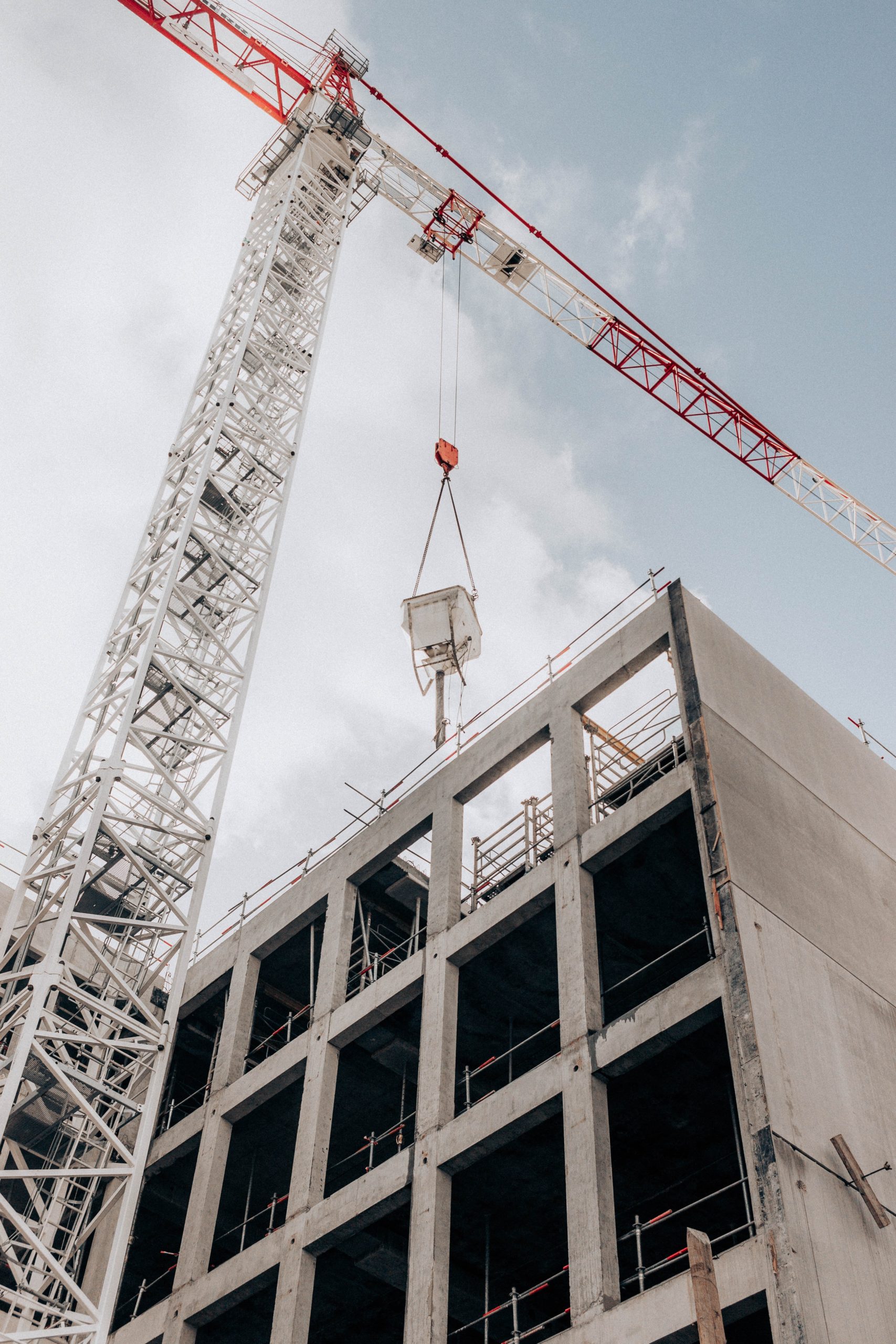Construction and property development are key sectors within the USA economy.
There are of course many large housebuilders in the USA and they provide thousands of new homes up and down the country. But the small and medium sized (SME) property developer also has a part to play.
Indeed, the SME property developer has a crucial role. Carrying out development projects from flat conversions to new build schemes of up to 50 homes, they play a vital role in the provision of housing as part of the USA’s overall requirement.
However, one of the challenges may SME housebuilders face is obtaining finance. Indeed, in a recent survey 57% of SME property developers said that obtaining property development finance was the biggest obstacle they faced.
In this article, I want to provide an overall introduction to property development finance and provide answers to such questions as: what is property development finance, and what can it be used for?
An Introduction to Property Development Finance
Property development falls into several different categories including new build projects, conversions, refurbishments and extensions.
And regardless of the type of project or scheme you are looking to undertake, whether you are an experienced developer who has carried out many projects before or a novice developer embarking on your very first project – you will need finance.
What can Property Development Finance be Used For
As an experienced broker, over the years, we have helped arrange funding for many different types of development. To give you an idea of what property development finance can be used for here are some recent projects where we have arranged the finance:
- A first-time developer, who we helped to raise £400,000 to buy a house in West London which he was converting in to two flats.
- A highly experienced developer who was building 42 houses in Essex and who required approximately £4 million to carry out phase one of the project.
- A highly experienced construction director and developer who needed £3.5 million to buy a property to demolish and build 9 x 2-bedroom apartments.
- £4 million raised to acquire an office building on the South Coast with permitted development rights to convert from offices to 24 apartments
- £750,000 to acquire a disused barn and carry out a barn conversion to create a large 4-bedroom house
- An experienced developer who we helped raise £2 million to develop a high end 5-bedroom, 5-bathroom property with an indoor swimming pool
- £300,000 to help a first-time developer buy a house in South London which they were refurbishing before being put back on the market for sale.
As you can see no two deals are the same and property development finance can be used for schemes including:
- New builds
- Conversions
- Extensions
- Refurbishments
- Flats
- Large houses
- Ground up developments
When it comes to Property Development Finance What Do You Need to Know?
One of the key questions you need to think about is how much cash you are injecting into the project. This is important, because it is one of the first questions any lender providing development finance will ask when assessing your project.
As a guide based on the total cost of the project, you must expect a lender to require you to inject between 10% and 20% of the cost of the project.
As a guide the cost of the project includes the purchase price of the property you are developing as well as the actual build costs involved in completing the development. However, in addition you must also take into account other additional costs such as a Section 106 payment or a payment to cover the Community Infrastructure Levy (CIL). And of course, professional fees must also be taken into account, such as architects, structural engineers, solicitors and so on.
However, it is worth knowing that the equity injection doesn’t necessarily need to be in the form of cash. Some developers prefer to offer another property they own as additional security, and many lenders will accept this as an alternative to a cash injection.
Other developers prefer to bring in an outside partner or investor who provides the required equity injection into the project.
The key point is that an equity injection from you as the developer will be required in some form or another -cash, additional security, partner or investor. So, bear this in mind.
The other thing you need to know when applying for property development finance is what information you need to provide.
This is an important point. There is some key pieces of information that you as the developer need to provide to a prospective lender. And of course, the more information you can provide the easier it is for a lender to make a quick decision.
Very often we find developers provide information and documentation in ‘dribs and drabs’. This really slows down the decision-making process and can be frustrating for a lender. Whereas, if you can provide all the required information in one go, it makes assessing your application much easier and quicker.
Consequently, we work with all our developer clients to ensure they provide as much of the following information as possible when they are applying for property development finance:
- Background and CV on yourself. In particular details of any previous development projects you have undertaken is very useful. When providing details of previous projects, make sure you include a description of the project, the purchase price, the cost of carrying out the works, the total sale price and the profit you made.
- Location and address of the property or site you are developing.
- Copy of the planning permission
- Copy of the design and access statement
- Location drawings as well as plans of the actual development you are undertaking
- Breakdown of the build cost
- Development appraisal
- Breakdown of your funding requirements.
Once we have all the information from you this means we can put together a formal deal submission and send it out to our lenders thus starting the process of applying for finance.
As far as we are concerned, when it comes to obtaining property development finance, the key is always good preparation.
So, make sure you have a clear understanding of the project you are looking to undertake. Decide how much property development finance you will need. Make sure you know how much equity you will need to provide. And finally, have all the supporting documentation so that your application has the best possible chance of success.
If you have a development project and you are ready to apply for property development finance, speak to one of our experts and let us help you access the finance you need.




